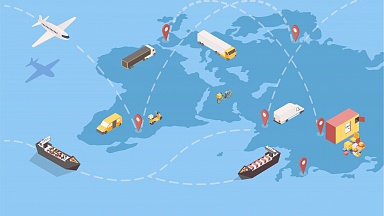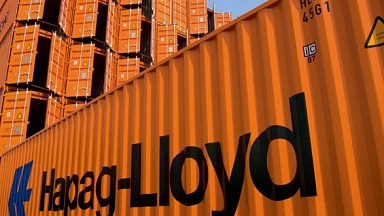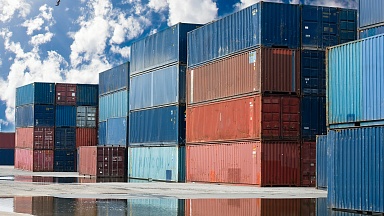The contract signing took place in Guangzhou Port, just a month after CULines signed a cooperation agreement with Guangzhou Port Group and Midea International Logistics, the logistics unit of Chinese electronics maker Midea Group, to boost volumes through the port.
Last week, CULines signed strategic cooperation agreements with Hamburger Hafen und Logistik (HHLA) as a European terminal and logistics partner. Along with German tonnage provider and ship service provider Peter Dohle, CULines plans to work on ‘capacity planning, service network, valued-added services, and liner agency’ matters.
The state-owned Chinese liner operator started out as an NVOCC, before launching intra-Asia liner services. Last year, CULines joined several other players in venturing into long-haul routes amid the firming freight market.
On 31 January, CULines applied to be listed on the Hong Kong Stock Exchange and plans to use the proceeds to expand its operations.
It is the third time that CULines has gone to Wenchong, having commissioned four 1,900 teu ships in January and March 2021. The company also has a pair of 2,400 teu ships on order at Yangzijiang Shipbuilding.
Besides four second-hand ships, the rest of CULines’ 34-vessel fleet comprises chartered tonnage, including a dozen 4,000+ teu ships that were fixed from compatriot liner operator Quanzhou Ansheng Shipping.
Last November, CULines appointed former Hapag-Lloyd executive Lars Christiansen as co-CEO alongside Raymond Chen, in a move interpreted as gravitating towards internationalisation.



